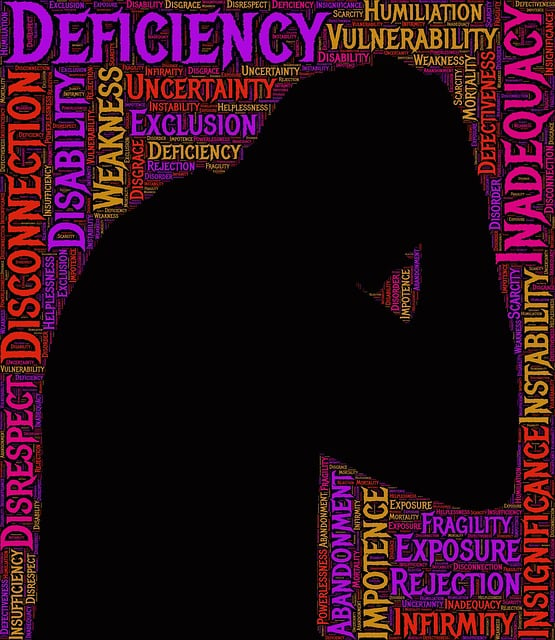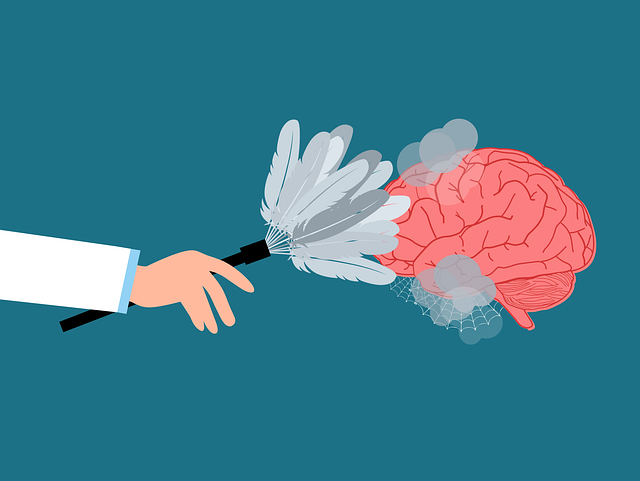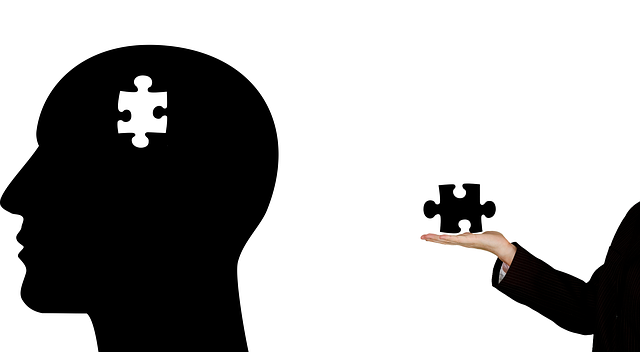Superior Cognitive Processing Therapy (SCPT) is an advanced therapeutic approach focusing on emotional regulation and thought pattern transformation. By challenging negative thoughts, integrating compassion cultivation, and advocating for mental health policies, SCPT empowers individuals to enhance their Emotional Intelligence (EI), cope with stress, navigate conflicts constructively, and maintain stability in personal and professional settings. Tailored coping strategies, supported by culturally competent healthcare, are crucial for managing depression or trauma, promoting overall emotional well-being.
Mood regulation strategies are essential tools for managing emotional well-being. This comprehensive guide explores effective techniques to enhance mental resilience, with a particular focus on Superior Cognitive Processing Therapy (SCPT). We delve into the benefits of SCPT, which encourages superior cognitive processing, aiding individuals in transforming negative thought patterns. Additionally, we uncover practical coping mechanisms to navigate stress and emotions, offering valuable insights for anyone seeking better mood management.
- Understanding Mood Regulation Strategies
- Exploring Superior Cognitive Processing Therapy
- Implementing Effective Coping Mechanisms
Understanding Mood Regulation Strategies

Understanding Mood Regulation Strategies is a crucial step towards achieving emotional well-being and mental health balance. These strategies equip individuals with powerful tools to navigate and manage their feelings, thoughts, and behaviors effectively. By adopting evidence-based approaches like Superior Cognitive Processing Therapy (SCPT), people can enhance their ability to process and interpret emotions, leading to improved mood management. SCPT focuses on identifying and challenging negative thought patterns, thereby reducing the intensity of emotional reactions and promoting a more positive mindset.
Anxiety Relief and Conflict Resolution Techniques are integral components within this framework. Through SCPT, individuals learn to disengage from destructive thinking habits and replace them with healthier cognitive processes. This not only fosters better mood management but also enhances overall resilience in dealing with stressors, including conflicts that may arise in personal or professional settings. By integrating these techniques into daily life, one can achieve more effective conflict resolution, thereby mitigating potential sources of anxiety and promoting emotional stability.
Exploring Superior Cognitive Processing Therapy

Superior Cognitive Processing Therapy (SCPT) is a cutting-edge approach that focuses on transforming negative thought patterns into more adaptive and balanced ones. This therapy goes beyond traditional cognitive behavioral therapy by emphasizing the importance of understanding and regulating emotions at a deeper cognitive level. SCPT encourages individuals to explore their thoughts and beliefs, particularly those that contribute to persistent mood disturbances. Through this process, clients learn to challenge distorted thinking and develop healthier perspectives, thereby improving their overall emotional well-being.
Integrating compassion cultivation practices into SCPT has shown promising results in promoting mental health. By fostering self-compassion and empathy towards others, individuals can enhance their Emotional Intelligence (EI), enabling better emotional regulation. This holistic approach, combined with Mental Health Policy Analysis and Advocacy, ensures that individuals not only receive effective therapy but also develop the skills to navigate life’s challenges with resilience and a sense of balance.
Implementing Effective Coping Mechanisms

Implementing effective coping mechanisms is a cornerstone of mood regulation strategies, and therapy plays a pivotal role in this process. Superior Cognitive Processing Therapy (SCPT) offers a powerful approach to address emotional challenges. By focusing on thought patterns and cognitive distortions, SCPT empowers individuals to develop healthier mental frameworks. This form of therapy encourages active participation where clients learn to identify and challenge negative thoughts, fostering superior emotional intelligence and enhanced coping abilities.
For those grappling with depression or trauma, integrating these mechanisms into daily life is essential. Healthcare Provider Cultural Competency Training and Trauma Support Services can significantly contribute to an individual’s well-being. These resources ensure that coping strategies are tailored to personal experiences while considering cultural nuances, making the therapy process more inclusive and effective in preventing and managing conditions like depression.
Mood regulation strategies, such as Superior Cognitive Processing Therapy, play a pivotal role in enhancing mental well-being. By understanding our thoughts and emotions, we can implement effective coping mechanisms to navigate life’s challenges. This article has explored these strategies, offering insights into how we can foster resilience and maintain emotional balance. Integrating these practices into daily life can lead to profound improvements in overall mental health and quality of life.














